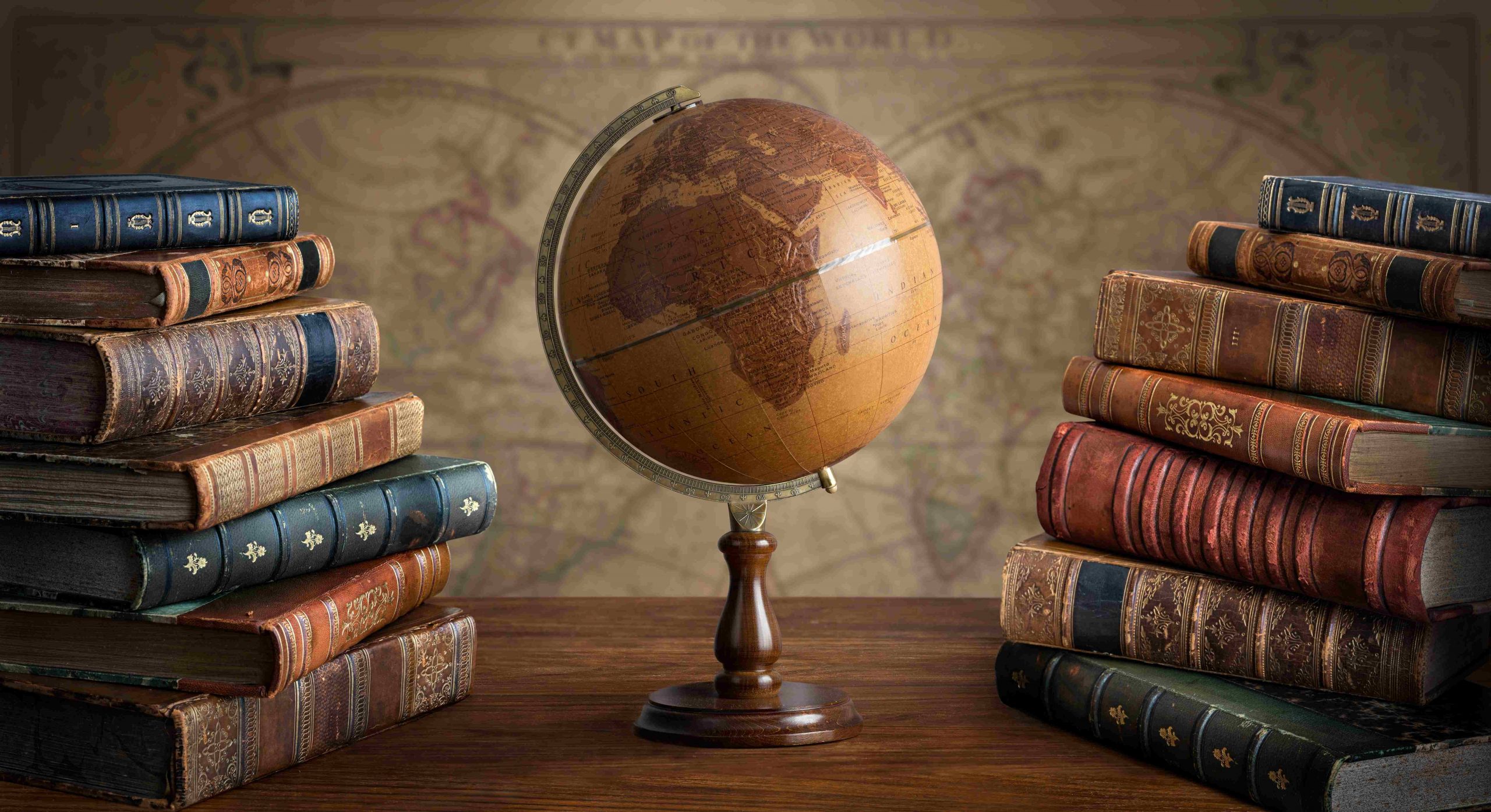On August 25, 2012, NASA’s Voyager 1 became the first human-made object to enter interstellar space. Launched in 1977, Voyager 1 crossed the heliopause, the boundary marking the end of the Sun’s influence, providing unprecedented data about this uncharted region.
In 1991, Michael Schumacher Makes His Formula One Debut
On August 25, 1991, German driver Michael Schumacher made his Formula One debut at the Belgian Grand Prix. This race marked the beginning of his legendary career, during which he became a seven-time world champion and one of the greatest drivers in Formula One history.
In 1944, Paris Is Liberated
On August 25, 1944, Paris was liberated from Nazi occupation during World War II. Allied forces, along with the French Resistance, entered the city, ending four years of German control and marking a key moment in the European campaign.
In 1825, Uruguay Declares Independence
Uruguay declared its independence from the Brazilian Empire. This event was a pivotal step in the country’s struggle for sovereignty, which eventually led to the creation of the modern-day nation of Uruguay.
In 1530, Ivan the Terrible Is Born
On August 25, 1530, Ivan IV Vasilyevich, known as Ivan the Terrible, was born in Kolomenskoye, Russia. He became the first Tsar of Russia, expanding the Russian Empire but also known for his reign of terror, marked by violent purges and autocratic rule.
In 325, the Council of Nicaea Takes Place
The Council of Nicaea, convened by Roman Emperor Constantine I in 325 CE, was the first ecumenical council of the Christian Church. Its primary purpose was to address the Arian controversy and establish a unified Christian doctrine, resulting in the Nicene Creed, a foundational statement of Christian faith.



